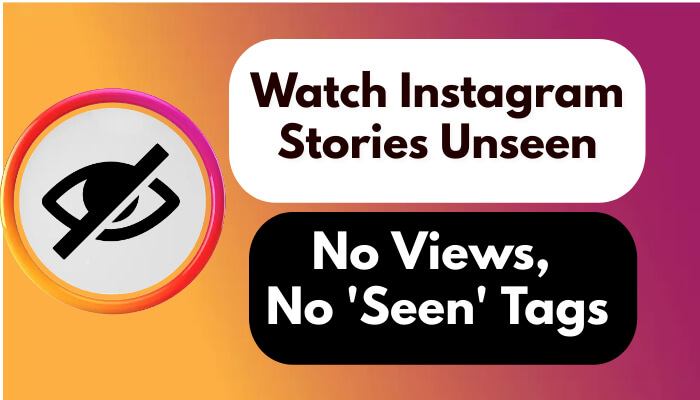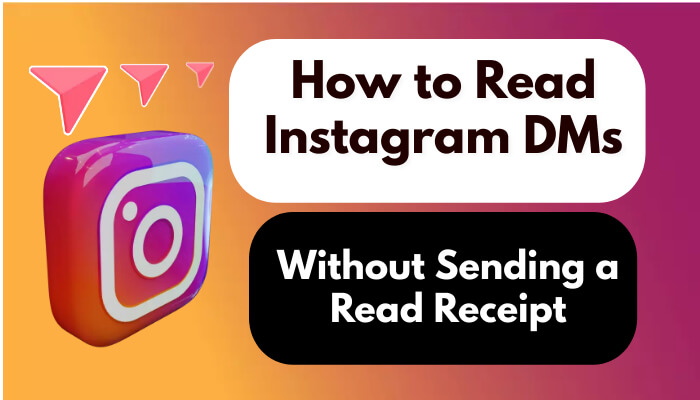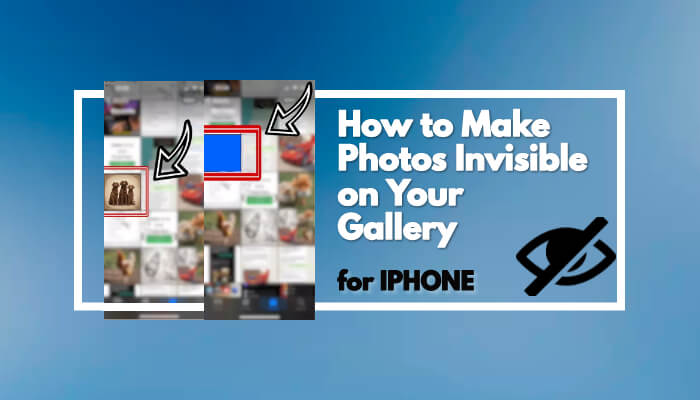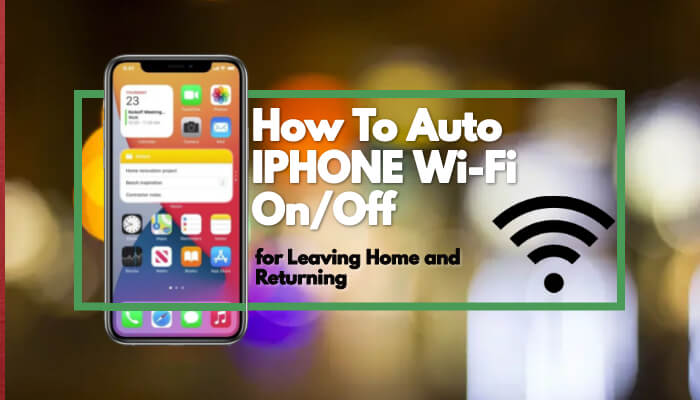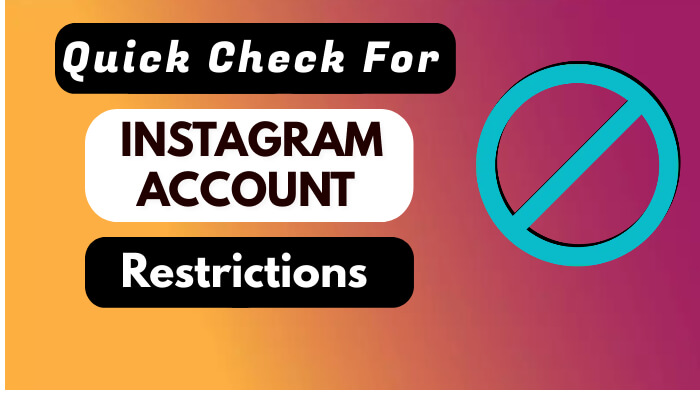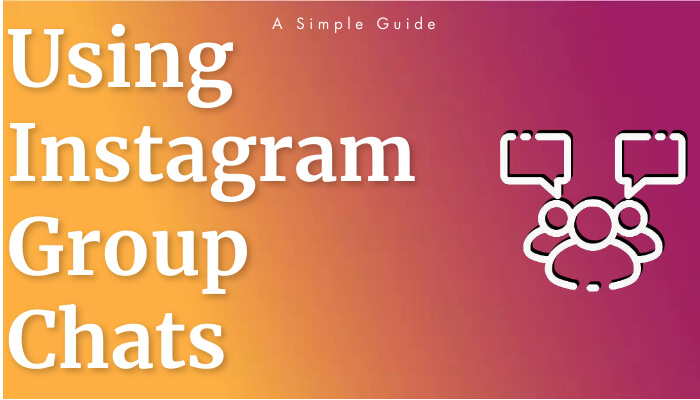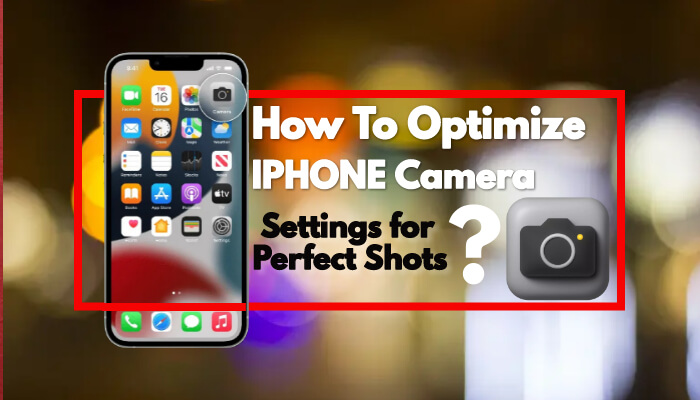
there is lots that scientists don’t bear in mind about the lengthy-term effects of COVID-19 on society. But a 12 months in, a minimum of one thing turns out transparent: the pandemic has been bad for our collective mental health — and a shocking selection of tech systems appear to have given the issue very little idea.
First, the numbers. Nature suggested that the selection of adults in the United Kingdom appearing symptoms of despair had just about doubled from March to June of closing yr, to 19 percent. within the Usa, 11 percent of adults suggested feeling depressed among January and June 2019; through December 2020, that number had just about quadrupled, to 42 percent.
in case you or any person is thinking about suicide or is anxious, depressed, dissatisfied, or needs to communicate, there are people who need to lend a hand:
in the US:
Situation Text Line: Textual Content Start To 741741 from any place in the USA, at any time, approximately any type of main issue
The Nationwide Suicide Prevention Lifeline: 1-800-273-8255
The Trevor Project: 1-866-488-7386
Outdoor the u.s.:
The World Affiliation for Suicide Prevention lists a choice of suicide hotlines through country. Click On here to search out them.
Befrienders Worldwide: https://www.befrienders.org/need-to-communicate
Prolonged isolation created via lockdowns has been linked to disruptions in sleep, larger drug and alcohol use, and weight achieve, amongst different symptoms. Preliminary knowledge approximately suicides in 2020 is mixed, however the choice of drug overdoses soared, and professionals believe many had been likely intentional. Even ahead of the pandemic, Glenn Kessler reviews at the Washington Put Up, “suicide rates had larger within the Usa once a year due to the fact that 1999, for a acquire of 35 % over twenty years.”
Problems related to suicide and self-harm contact just about each digital platform in some way. the web is increasingly where other folks search, speak about, and are searching for toughen for psychological health problems. However in keeping with new research from the Stanford Internet Observatory, in lots of circumstances, platforms haven't any insurance policies related to discussion of self-hurt or suicide at all.
In “Self-Hurt Insurance Policies and Internet Platforms,” the authors surveyed 39 online systems to know their option to these problems. They analyzed serps, social networks, performance-orientated structures like TikTok, gaming systems, courting apps, and messaging apps. A Few structures have advanced robust insurance policies to hide the nuances of those issues. Many, although, have disregarded them altogether.
“there's vast unevenness within the comprehensiveness of public-dealing with policies,” write Shelby Perkins, Elena Cryst, and Shelby Grossman. “For Example, Fb policies address not just suicide but additionally euthanasia, suicide notes, and livestreaming suicide attempts. by contrast, Instagram and Reddit don't have any policies related to suicide of their number one policy files.”
Facebook is miles ahead of a few of its friendsamong the systems surveyed, Facebook was once found to have the most complete policies. But researchers faulted the company for uncertain policies at its Instagram subsidiary; technically, the parent company’s policies all practice to both platforms, however Instagram continues a separate set of policies that do not explicitly mention posting approximately suicide, creating a few confusion.
Nonetheless, Fb is miles ahead of some of its friends. Reddit, Parler, and Gab had been discovered to haven't any public insurance policies associated with posts approximately self-hurt, consuming issues, or suicide. That doesn’t necessarily imply that the corporations don't have any insurance policies by any means. but when they aren’t posted publicly, we might by no means realize evidently.
by contrast, researchers mentioned that what they call “creator platforms” — YouTube, TikTok, and Twitch — have developed smart insurance policies that transcend simple guarantees to take away demanding content. The systems offer significant reinforce of their insurance policies each for people who are recuperating from mental well being problems and those who is also taking into account self-harm, the authors said.
“Both YouTube and TikTok are specific in allowing creators to share their stories about self-hurt to lift awareness and to find neighborhood make stronger,” they wrote. “We have been impressed that YouTube’s neighborhood pointers on suicide and self-harm provide instruments, including hotlines and websites, for the ones having thoughts of suicide or self-hurt, for 27 international locations.”
Outside the biggest systems, despite the fact that, it’s all a toss-up. Researchers couldn't find public insurance policies for suicide or self-harm for NextDoor or Clubhouse. Relationship apps? Grindr and Tinder have insurance policies about self-hurt; Scruff and Hinge don’t. Messaging apps tend to not have such a public insurance policies, either — iMessage, Signal, and WhatsApp don’t. (the truth that every one of them use a few type of encryption likely has so much to do with that.)
Why does all of this subject? In an interview, the researchers instructed me there are a minimum of three big reasons. One is essentially an issue of justice: if individuals are going to be punished for the ways in which they discuss self-hurt on-line, they ought to recognise that in increase. Two is that insurance policies offer structures a chance to intervene when their customers are making an allowance for hurting themselves. (Many do offer users links to tools that may help them in a time of hindrance.) and 3 is that we can’t strengthen simpler policies for addressing mental health issues on-line if we don’t understand what the insurance policies are.
you'll be able to’t reasonable in the event you don’t even have a coverageAnd moderating those forms of posts will also be slightly tricky, researchers said. There’s ceaselessly an exceptional line between posts that are discussing self-harm and people that appear to be encouraging it.
“the similar content material that could show anyone convalescing from an consuming dysfunction is one thing that may even be triggering for other folks,” Grossman told me. “that very same content material may just simply have an effect on users in two alternative ways.”
However you can’t reasonable in the event you don’t also have a coverage, and i was once surprised, studying this analysis, at simply how many companies don’t.
This has turned out to be a kind of coverage week right here at Platformer. We talked about how Clarence Thomas wants to blow up platform policy because it exists lately; how YouTube is moving the way in which it measures harm on the platform (and discloses it); and the way Twitch evolved a policy for policing creators’ habits on other systems.
What moves me approximately all of this is simply how fresh all of it feels. We’re greater than a decade into the platform generation, however there are nonetheless so many massive inquiries to figure out. and even on probably the most severe of subjects — the right way to deal with content related to self-harm — some structures haven’t even entered the discussion.
The Stanford researchers advised me they suspect they're the first other folks to even attempt to catalog self-hurt insurance policies a few of the major systems and make them public. There are without doubt many different areas where a similar stock would serve the public just right. Personal corporations still disguise an excessive amount of, even and particularly when they are right away implicated in questions of public passion.
in the long run, i hope those firms collaborate more — learning from one another and adopting insurance policies that make feel for their own systems. And thanks to the Stanford researchers, a minimum of on one topic, they can now find all of the prevailing policies in a single position.
This column used to be co-printed with Platformer, an everyday publication about Big Tech and democracy.
